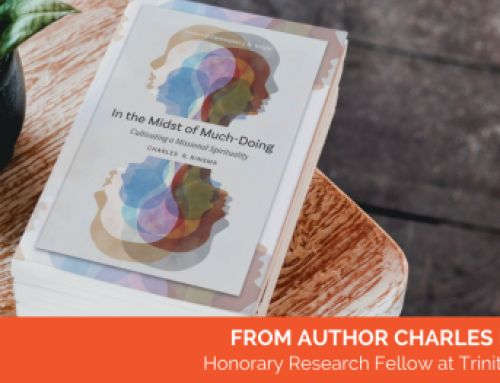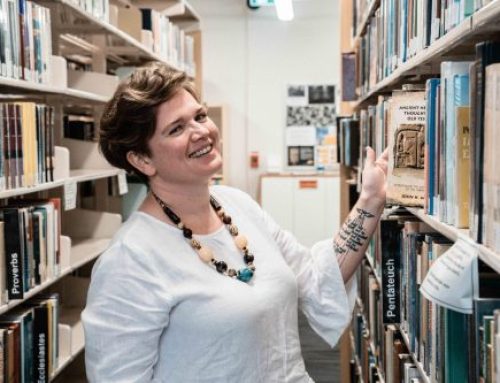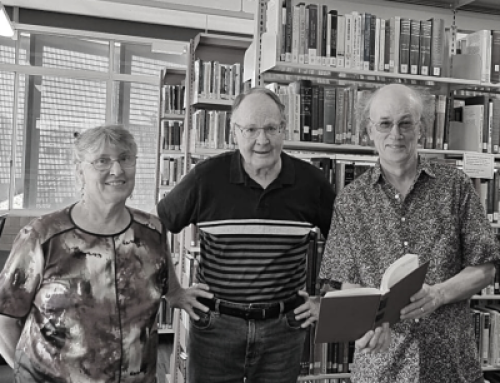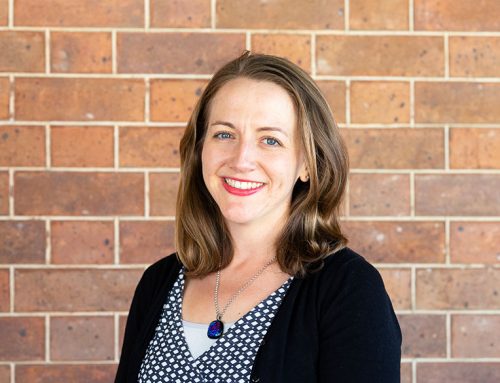A brilliant writer can do a lot with a single line.
Science fiction author Becky Chambers teases us with this one, “Find the strength to do both,” towards the beginning of her most recent work, the 2021 novella A Psalm for the Wild-Built.
Chambers’ award-winning works fall into a newly identified genre classified as “hopepunk”, defined as “a literary and artistic movement that celebrates the pursuit of positive aims in the face of adversity” in the 2019 edition of the Collins English Dictionary. Hopepunk is in many ways an antidote to the overwhelmingly dystopian nature of most science fiction, instead presenting visions of the future that are kinder and more optimistic.
A Psalm for the Wild-Built is exactly that.
Who would have thought that reading a book about a post-apocalyptic world in which artificial intelligence has matured, rebelled, and parted ways with humans to set up on their own, could feel like settling into a comfortable armchair with a hot drink at the end of a difficult day?
The novella is set on the fictional moon Panga. At some time in the distant past, robots had awakened to consciousness, discovered and rejected their created purpose, and departed for life on their own in the wilderness. Not only were the humans of Panga able to relinquish control and reach peaceful accord with the robots, but in the intervening years they have found a way to live more lightly. Much of the cultivated territory is given back over to wilderness, and human societies operate sustainably and justly. The main character, Dex, is a tea monk — equal parts priest, therapist, and barista/bartender, Dex travels the regions brewing up bespoke herbal blends for troubled souls and providing space for contemplation.
“Find the strength to do both.” This enigmatic statement is painted across the cart from which Dex ministers, and as readers we are left wondering what “both” is referring to. We are told it is a snippet from the “Insights”, immediately recognisable to all Pangans.
We do get the sense as the story unfolds, that this guiding principle is important, whatever it is. It is part of the wisdom that has produced this hopeful vision of how humans might live in relation to each other, to technology, and to their wider world. But it isn’t until near the end of the novella that we find out more. Dex quotes further from the Insights:
“Without constructs, you will unravel few mysteries. Without knowledge of the mysteries, your constructs will fail. These pursuits are what makes us, but without comfort, you will lack the strength to sustain either.”
Still somewhat of an enigma, this is a statement about epistemology — about how we can know things.
It captures beautifully the tension between mystery and knowledge, between truth, uncertainty and even unknowability. It comes from the sacred texts of a fictional world with a pantheon of gods that looks quite different to our own, but it nevertheless conveys what it means to wrestle with those deep questions of reality and purpose.
The task of a theologian is to wrestle. We work with constructs — the whole enterprise of systematic theology is to order doctrines and make connections in a way that brings coherence to faith. Yet we must never allow these constructs to take the place of the ultimate realities they attempt to understand. The magnificent paradox at the heart of the Christian story is that we can know a God who nevertheless remains too great, too mysterious, to be contained by our constructs.
“Find the strength to do both” is a pretty good summary of what it means to seek knowledge of God.
Dr Victoria Lorrimar is the Lecturer in Systematic Theology & Academic Dean at Trinity College. She reads at least two books a week and is a huge fan of fiction.






